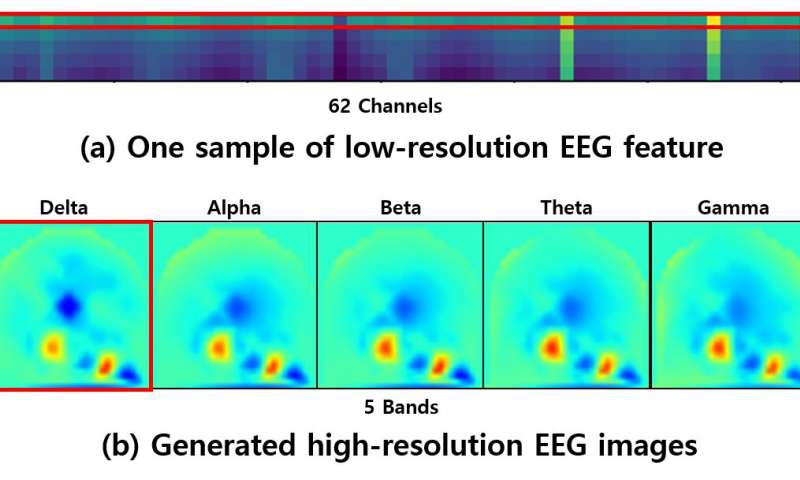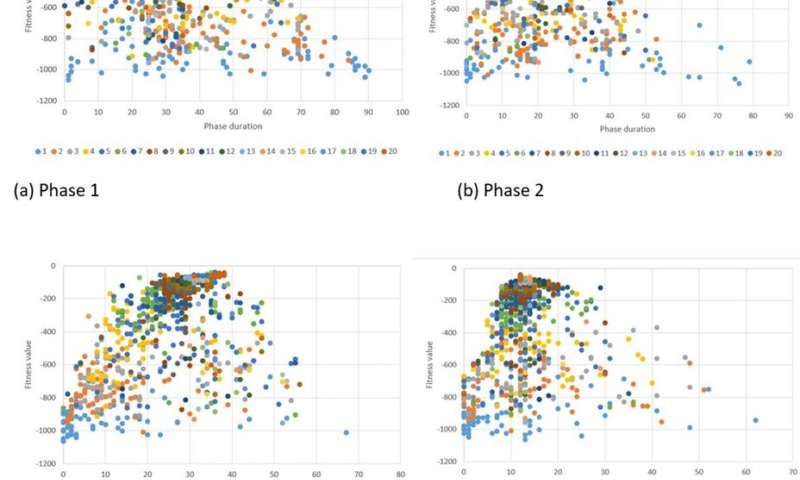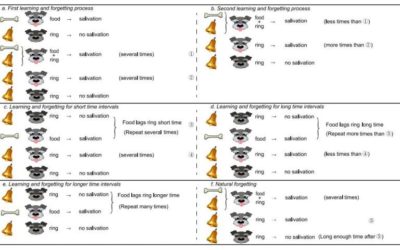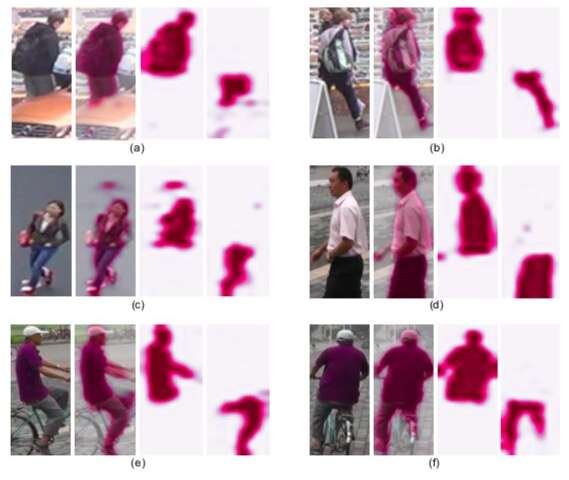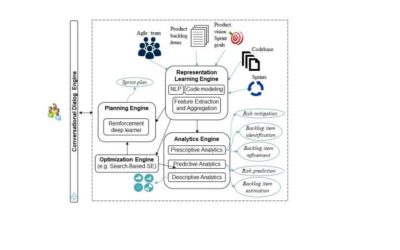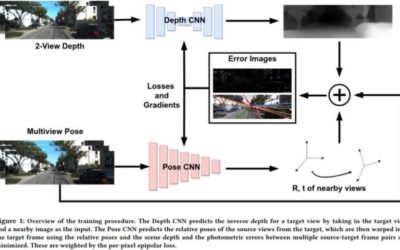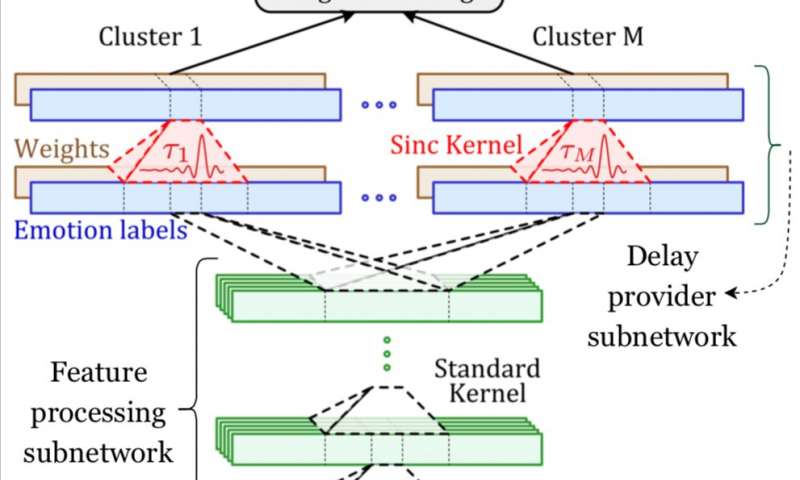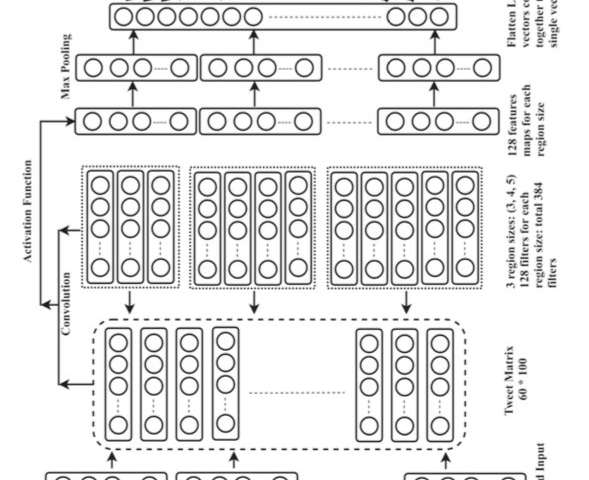Recent advances in machine learning have enabled the development of techniques to detect and recognize human emotions. Some of these techniques work by analyzing electroencephalography (EEG) signals, which are essentially recordings of the electrical activity of the...
Computer Sciences
A new genetic algorithm for traffic control optimization
Researchers at the University of Technology Sydney and DATA61 have recently developed a new method for optimizing the timing of signals in urban environments under severe traffic conditions. Their approach, presented in a paper pre-published on arXiv, entails the use...
A new memristor-based neural network inspired by the notion of associative memory
Classical conditioning is a psychological process through which animals or humans pair desired or unpleasant stimuli (e.g., food or a painful experiences) with a seemingly neutral stimulus (e.g., the sound of a bell, the flash of a light, etc.) after these two stimuli...
A model to determine the impact of DDoS attacks using Twitter data
Distributed denial of service (DDoS) attacks, which are designed to prevent legitimate users from accessing specific network systems, have become increasingly common over the past decade or so. These attacks make services such as Facebook, Reddit and online banking...
A multi-scale body-part mask guided attention network for person re-identification
Person re-identification entails the automated identification of the same person in multiple images from different cameras and with different backgrounds, angles or positions. Despite recent advances in the field of artificial intelligence (AI), person...
A framework for AI-powered agile project management
Researchers at the University of Wollongong, Deakin University, Monash University and Kyushu University have developed a framework that could be used to build a smart, AI-powered agile project management assistant. Their paper, pre-published on arXiv, has been...
A generative memory approach to enable lifelong reinforcement learning
A key limitation of existing artificial intelligence (AI) systems is that they are unable to tackle tasks for which they have not been trained. In fact, even when they are retrained, the majority these systems are prone to 'catastrophic forgetting,' which essentially...
A two-view network to predict depth and ego motion from monocular sequences
Researchers from the Embedded Systems and Robotics group at TCS Research & Innovation have recently developed a two-view depth network to infer depth and ego-motion from consecutive monocular sequences. Their approach, presented in a paper pre-published on arXiv, also...
A convolutional network to align and predict emotion annotations
Machine learning models that can recognize and predict human emotions have become increasingly popular over the past few years. In order for most of these techniques to perform well, however, the data used to train them is first annotated by human subjects. Moreover,...
A deep learning-based method to detect cyberbullying on Twitter
Researchers at King Saud University, in Saudi Arabia, have developed a new approach to detect cyberbullying on Twitter using deep learning called OCDD. In contrast with other deep-learning approaches, which extract features from tweets and feed them to a classifier,...

